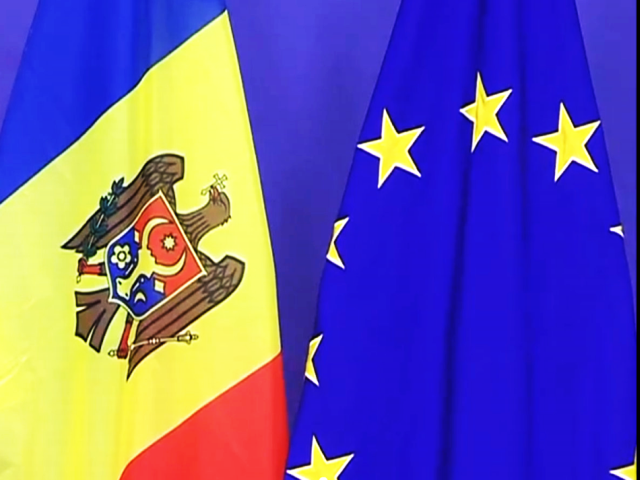The Republic of Moldova, after the Vilnius Summit
After the Eastern Partnership summit, commentators weigh in on the final score between Brussels and Moscow.

Bogdan Matei, 13.12.2013, 14:02
After the November Eastern Partnership summit in Vilnius, commentators continue to weigh in on the final score between Brussels and Moscow. They try to determine whether Russia won, by the fact that Ukraine failed to sign the association agreement, considering that it is the most important of all the ex-Soviet republics from all points of view. At the same time, it may well be that Europe won, since two former Soviet colonies, Georgia and the Republic of Moldova signed association agreements.
According to the Romanian Center for Conflict Prevention and Early Warnings, it depends on the observer’s position. From Bucharest, the Republic of Moldova was seen as a champion of the Eastern Partnership, while for Brussels the Ukraine matters more, with the decision made in Kiev potentially affecting, in a chain reaction, the decision makers in Chisinau and Tbilisi. Romanian American analyst Vladimir Socor does not believe that Ukraine’s failure to sign the agreements has a significant impact upon Moldova. He told Radio Romania that Moldova, neighboring the EU by its vicinity to Romania, is not influenced by Ukraine’s decision. Bucharest has and will be an advocate of Moldova’s European aspirations. Christian Mititelu, former head of the Romanian section of the BBC in London, told us what Romania had to gain:
Christian Mititelu: “A neighbor with a potential for economic development, a potential for stability and European norms beyond the river Prut. Moldova has to make significant efforts next year to be able to sign this agreement, and if this gets done, from a strategic and stability viewpoint it is a gain for Romania.”
Right after the summit, the Constitutional Court of Moldova ruled that Romanian is the official language of the country, rejecting the notion of a Moldovan language. Romanian President Traian Basescu was outright jubilant. He said that now Moldova can adopt the entire European legislation, which has already been translated into Romanian. The Chairman of the Senate Crin Antonescu has promised that Romania will be the first EU country to lift visa requirements for Moldovans, once Brussels deems it appropriate.
For the time being, pro-Western leaders in Chisinau admit that their country cannot make a clean break with Moscow, since it is dependent on Russian energy and the markets of the ex-Soviet community of independent states. Iurie Renita, Moldova’s ambassador to Bucharest, said that belonging to that community does not contradict closer relations with the EU, even though EC president Barroso warned that Moldova could not belong to both spaces at once. Chrsitian Mititelu told us that the game is not over yet, and Russia still has means to block Moldova’s western accession:
Christian Mititelu: “It obviously does, since Moldova is 100% dependent on Russian energy. Only when the gas pipeline linking it to Romania is finished will things improve. When it means to put pressure on other states, Russia does not care about the written and unwritten rules of international trade.”
Vladimir Socor, however, says that Russia no longer has significant influence to press, bribe or blackmail the government and people of Moldova. Socor believes that Moldova is unreasonably nervous thinking of Moscow’s reactions. Even in a worst case scenario, he claims, Russia no longer has the means to do its worst. The main pro-Russian faction, the Party of Communists, is in obvious decline, and has lost its basic means of influencing voters, namely its financial and media support. *
Christian Mititelu: “This is a strategic gain, since it limits Russia’s ambitions of reconstructing, one way or another, the former Soviet Union. Let us not forget that President Putin said that the collapse of the Soviet Union was the greatest tragedy of the previous century. He suggested that the end of the Cold War, which we thought dead and buried, is not quite in its grave yet, and there is a possibility for this rivalry, economic in appearance, but in fact of a strategic nature, to evolve into unpleasant forms again.”
The US welcomed the Moldovan move, even though it wasn’t explicitly because it angered Russia. During his visit there, John Kerry said that European integration is the country’s best guarantee for a prosperous and safe future.






























